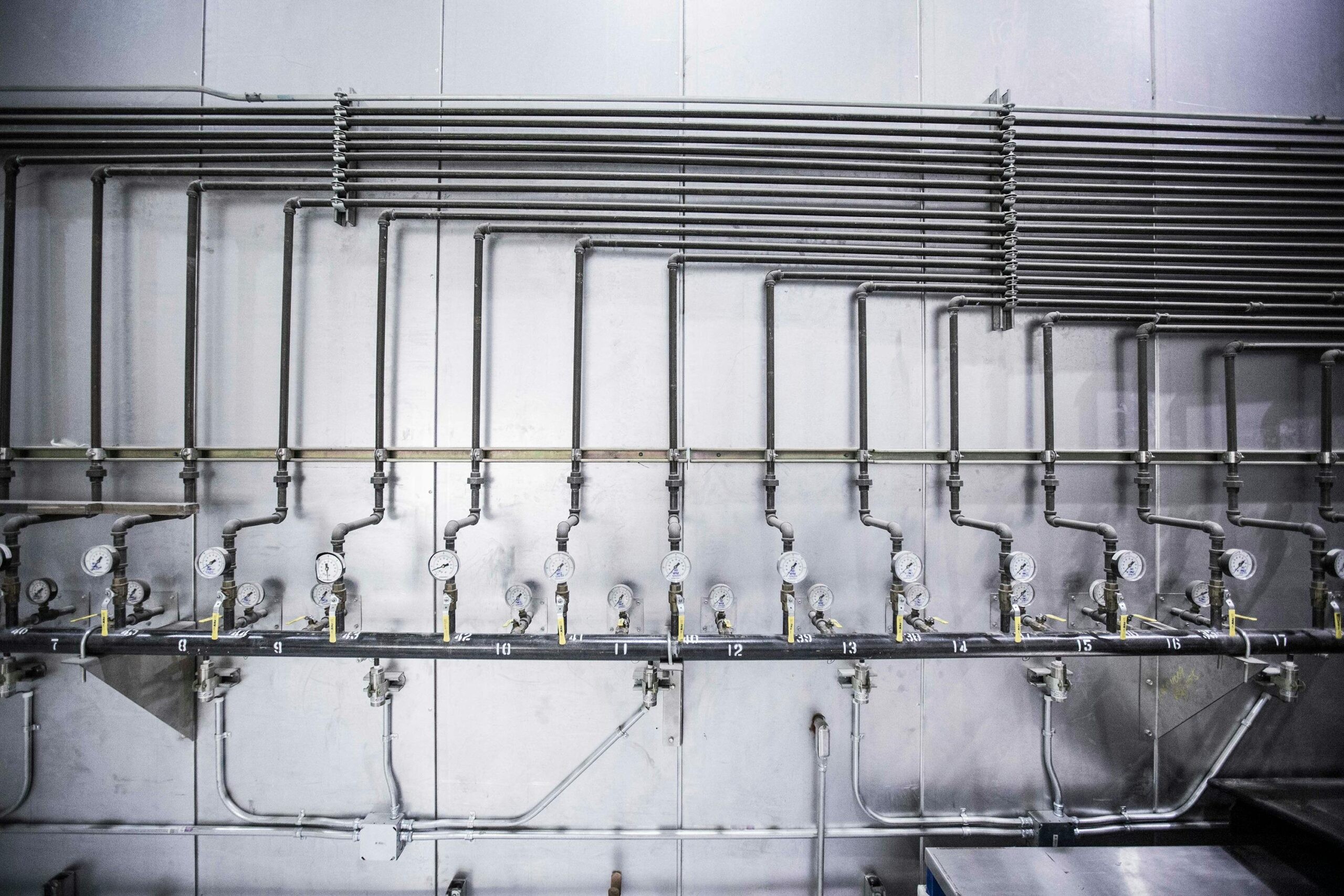Plumbing considerations play a critical role in the success of any home renovation project. Addressing key elements such as fixture placement, pipe rerouting, and plumbing code compliance ensures functionality, safety, and longevity of the plumbing system. Proper planning in home renovation plumbing serves as a foundation for efficient water supply and waste management, particularly in New Jersey, where local regulations apply.
- Effective fixture placement maximizes space and enhances usability in renovated areas.
- Pipe rerouting requires careful design to maintain optimal water flow and pressure.
- Plumbing code compliance ensures that renovations meet safety standards and local regulations.
- Understanding the local New Jersey plumbing codes is essential for legal and functional home upgrades.
- Planning for future maintenance and accessibility reduces long-term repair costs.
Introduction
Home renovation plumbing involves modifying or upgrading existing water and waste systems to accommodate changes in layout, fixtures, or usage. These modifications require an understanding of how the plumbing infrastructure integrates with new designs. Renovations can range from simple bathroom or kitchen upgrades to extensive remodeling that affects multiple areas of a property. Ensuring plumbing solutions are carefully planned and executed is important for homeowners, contractors, and plumbing professionals working in New Jersey to comply with regional regulations and technical standards.
The primary goals in home renovation plumbing include maintaining system integrity, meeting plumbing code compliance, and optimizing fixture placement. Plumbing code compliance safeguards public health by enforcing consistent installation methods, materials, and performance criteria. Equally, fixture placement and pipe rerouting influence water flow efficiency and convenience, impacting the overall effectiveness of the renovation.
Main Considerations in Home Renovation Plumbing
Definitions and Planning
In the context of home renovations, plumbing includes all the components that deliver potable water, remove wastewater, and vent gases safely outside the home. Core elements include pipes, valves, fixtures, drains, and water heaters. Renovation projects often require changes to this system to fit new layouts or upgrade outdated components.
Proper planning begins with assessing the current plumbing system’s state and the renovation’s scope. This evaluation helps determine if the existing pipes and fixtures can adapt to the new design or if complete rerouting is necessary. For instance, relocating a kitchen sink or installing a new bathroom fixture demands new water supply lines and drain connections.
Fixture Placement
Fixture placement is a fundamental decision in home renovation plumbing, directly affecting usability and water efficiency. Fixtures include sinks, toilets, showers, bathtubs, and appliances like dishwashers or washing machines.
Strategic placement involves positioning fixtures to minimize pipe length, thus reducing potential leaks, pressure drops, and installation costs. In renovations where space is limited, compact layouts using wall-hung units or multi-functional fixtures may offer advantages. Additionally, fixture placement must consider venting and drainage slope requirements to prevent water stagnation or sewer gas infiltration.
Pipe Rerouting
Pipe rerouting entails altering existing pipe routes to support new fixture locations or to replace aging infrastructure. This process must accommodate water supply pressure, drainage gravity flow, and ventilation. In New Jersey homes, common materials for residential plumbing include copper, PEX (cross-linked polyethylene), CPVC, and PVC, each with distinct installation requirements.
Challenges in pipe rerouting occur when navigating through structural elements such as walls, floors, and foundations. Professional plumbers utilize inspection techniques like video cameras and leak detection technology to map current pipe locations before rerouting. Proper installation involves securing pipes to prevent movement and insulating to avoid freezing in colder seasons.
Plumbing Code Compliance
Compliance with plumbing codes is mandatory in home renovations to ensure safety, water quality, and environmental protection. New Jersey plumbing codes, which align with the International Plumbing Code (IPC) and local amendments, regulate materials, pipe diameters, fixture clearances, venting, backflow prevention, and installation methods.
Inspections are required at specific stages of renovation work to verify compliance. Noncompliance risks include costly rework, fines, or compromised health due to cross-contamination or inadequate drainage. For example, installing anti-siphon valves on outdoor faucets prevents backflow, a common code requirement. Understanding relevant New Jersey codes before beginning work aids in smoother project approval and long-term plumbing system reliability.
Market Context, Risks, and Practical Applications
The home renovation market in New Jersey has grown steadily, driven by aging housing stock and increasing demand for modern amenities. Plumbing upgrades are often integral to these projects. Selecting licensed plumbing professionals familiar with local codes and technologies mitigates risks such as improper installations or delays.
Risks associated with inadequate home renovation plumbing include leaking pipes, water damage, mold growth, reduced water pressure, and code violations. Mitigating these risks involves thorough planning, high-quality materials, accurate fixture placement, and adherence to codes.
Practical applications include pre-renovation plumbing inspections, using flexible piping systems like PEX for ease of rerouting, and installing water-efficient fixtures to reduce consumption. Additionally, incorporating designs that allow access panels for future maintenance supports system longevity.
Summary
Home renovation plumbing requires careful consideration of fixture placement, pipe rerouting, and compliance with New Jersey plumbing codes to create safe, efficient, and durable water systems. Attention to these factors reduces repair costs, prevents code violations, and enhances property value. Proper planning and use of appropriate materials contribute to long-term system reliability and occupant comfort.
For detailed guidance and professional assistance on home renovation plumbing projects in New Jersey, consulting experienced plumbing contractors is recommended. Staying informed about local plumbing codes and best practices ensures renovations achieve both functional and regulatory success.
Learn more about expert plumbing services and renovation support at Jersey Plumbing.

Recent Comments